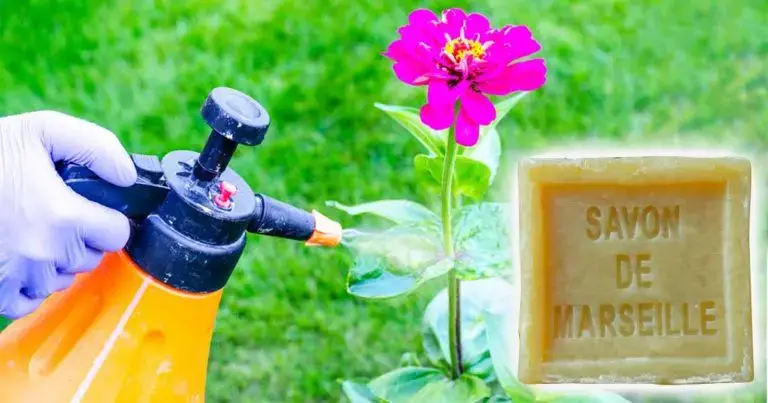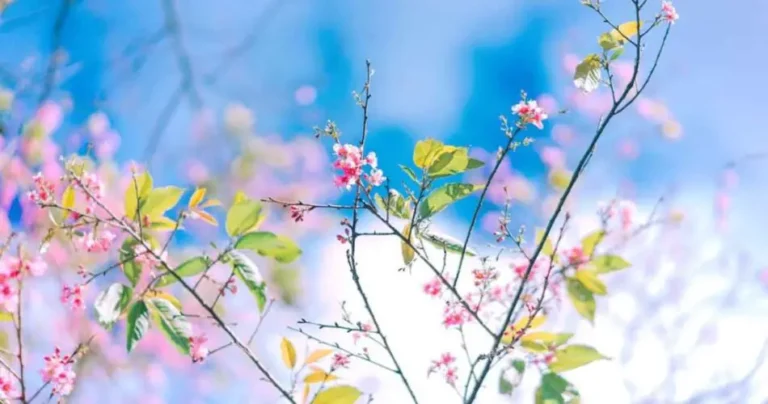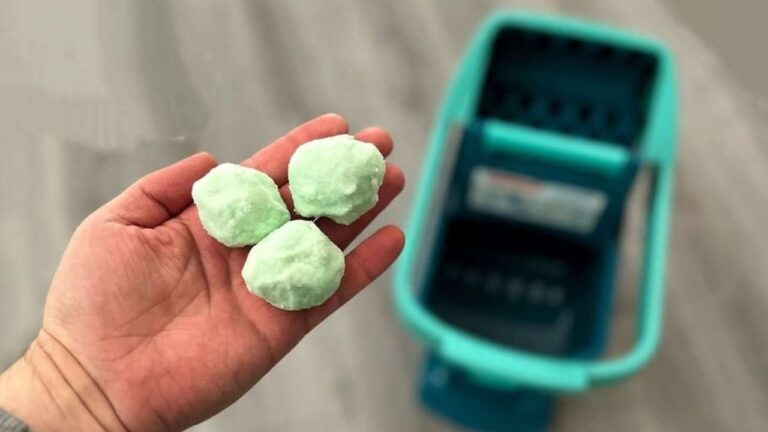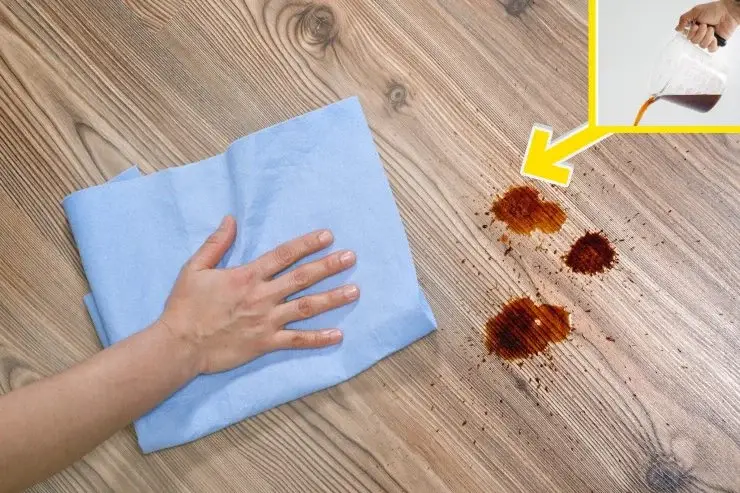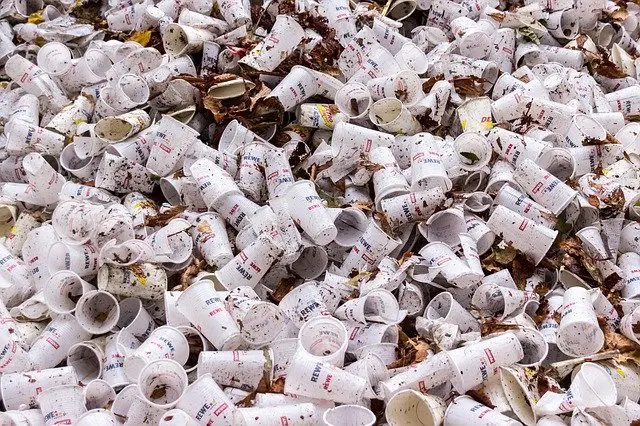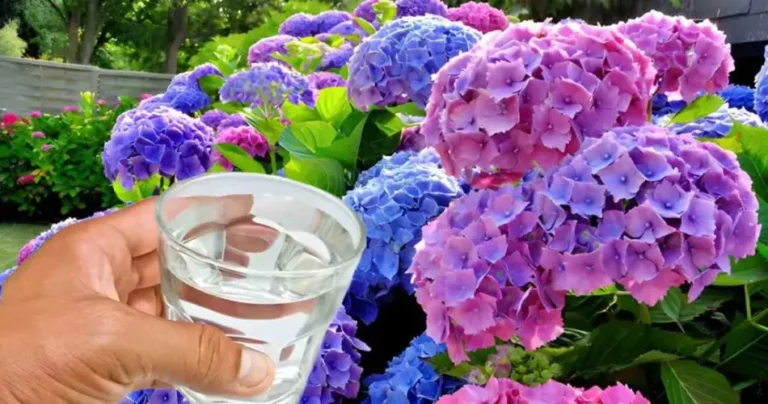Why spray water with Marseille soap on plants? The trick of expert gardeners.
Plants grown in pots or in the ground have a common enemy: insects. These pests can wreak havoc on plants and have unpleasant consequences. For this reason, to keep plants healthy, it is important to protect them from parasites and insects. To do this, it is not necessary to resort to chemical insecticides: some natural and easily available products can be used to make a safe, do-it-yourself insecticide for the environment.Find out how to protect your plants from insects with this natural insecticide.
Aphids, scale insects, whiteflies or mites are parasites that can attack plants and compromise their growth. To combat these insects, you can prepare an organic insecticide.
How to prepare a natural insecticide to keep plants healthy?
To prepare a natural insecticide, all you need is Marseille soap. This ecological and biodegradable product is effective for controlling psyllids, spider mites, leafhoppers, aphids, scale insects and whiteflies. Effectively, Marseille soap blocks the respiratory pores of these pests, as well as preventing them from reaching the leaves of your plants. To do this, grate 150 grams of Marseille soap and dilute the shavings in a liter of boiling water in a saucepan over low heat. Mix well with a wooden spoon until you obtain a homogeneous liquid. Then pour the soapy water into a bottle with a sprayer.
When it cools, Marseille soap can solidify. In that case, you can add a little water to the bottle and shake it. It is also important to shake the bottle before each use to dilute the insecticide.
Use this insecticide especially in spring and early summer, because this is the period in which insect attacks are most frequent. It is better to spray the insecticide on the foliage of infested plants at dusk, avoiding rainy days, so that the insecticide can work well. Don’t forget to spray under the leaves too, because this is where insects hide most often.
Note that soap-based insecticides are not suitable for all plants. In fact, plants with spongy foliage do not tolerate soap. This is particularly the case with impatiens, or even ferns. It is therefore advisable to spray the insecticide on a small part of the plant and wait 48 hours before treating it. This will allow you to see if the insecticide will cause any adverse effects on your plant.
What other products can be used to produce a natural insecticide?
Marseille soap is not the only insect repellent, in fact it is possible to replace it with other natural products.
- Black soap as a natural insecticide
Black soap is very effective at protecting plants from insects, thanks to its antibacterial and insecticidal properties. To do this, dilute 5 tablespoons of black soap in a liter of hot water and pour the solution into a spray bottle. Then spray it on the leaves and stems of your rose bush devastated by aphids or scale insects. Also use this insecticide to protect tomato plants from attack by green insects or aphids.
- Natural insecticide with tomato leaves
Tomato leaves are rich in alkaloids that help eliminate aphids. To prepare this repellent, you will need a teaspoon of natural dish detergent and 80 grams of chopped tomato leaves. Start by soaking the tomato leaves in water for half a day, then mix everything and add the teaspoon of dish detergent . Transfer the preparation into a spray bottle and spray it on the infested plants.
- Neem oil as a natural insecticide
Neem oil is a biodegradable vegetable oil that acts as a natural insecticide. It is effective in getting rid of insect eggs or larvae and thus stopping their development. To do this, pour 250 ml of water, a teaspoon of liquid Marseille soap and two teaspoons of neem oil. Transfer the insecticide to a spray bottle and spray it directly on the leaves.
In addition to these natural products, you can also use white vinegar, baking soda, nettle fertilizer or even a decoction of garlic to fight these natural predators that invade your plants. You should also know that some beneficial garden insects can help you eliminate them naturally the parasites that afflict your plants. In fact, ladybugs, for example, are known to be good antiaphids. They feed mainly on aphids, but can also consume other parasites such as whiteflies, scale insects and thrips.
